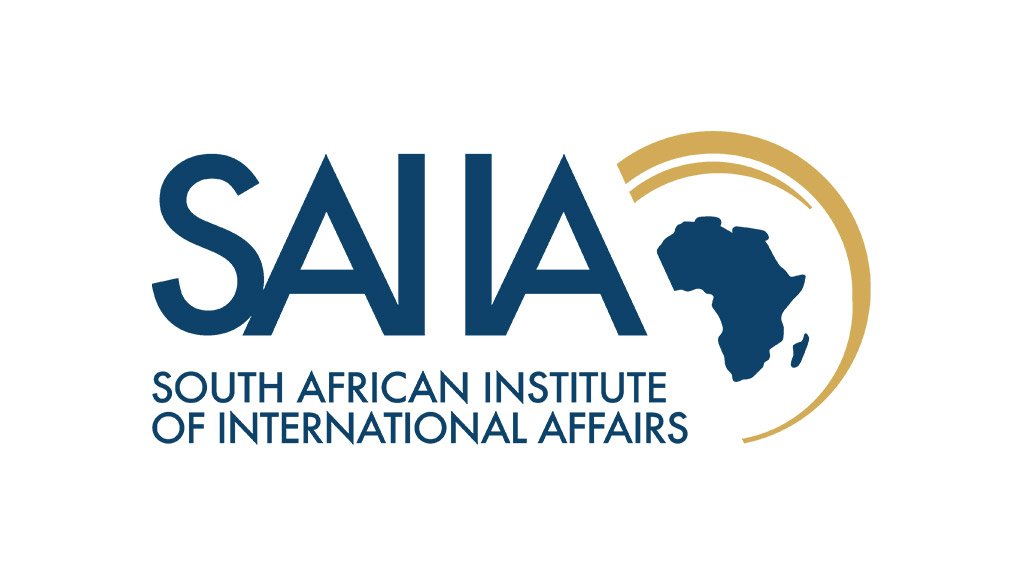Has China’s Belt and Road Initiative (BRI) usurped Brics as China’s flagship forum? And if so, what does this mean for future Brics co-operation? These are key questions leaders Michel Temer (Brazil), Vladimir Putin (Russia), Narendra Modi (India) and Jacob Zuma have had to consider at the meeting with their heads-of-state counterpart, China’s Xi Jinping, at the group’s annual summit in Xiamen, China.
Brics was established nearly a decade ago, shortly after the global financial crisis. At the time, the blame for the crisis was placed on the West and the global financial system it had created after the Second World War.
By 2012, spurred on by their fast economic recovery after the crisis, Brics appeared to almost rival the G-8 in global influence. Brics aimed to re-write global financial rules and norms through the creation of the New Development Bank and its Contingent Reserve Arrangement, poised to challenge their Bretton Woods counterparts, the World Bank and the International Monetary Fund.
Five years on, the situation looks different
Brazil, Russia and SA face domestic economic and political challenges; until recently, India and China were locked in a military stand-off in neighbouring Bhutan; and internal dissent within Brics on issues such as enlargement of the group is straining overall co-operation.
It appears that China has been seeking an alternative forum to Brics to drive Beijing’s global mandate. When Xi announced the BRI in 2013, some of the fault lines in the Brics relationship were already apparent. But it was only in May this year, at the first Belt and Road Forum for International Co-operation, that the BRI reached critical mass. It got enough political support from outside China to conceivably replace Brics as China’s premier economic diplomacy initiative. More than 30 heads of state, 30 senior delegations from other countries, and 10 international organisations attended the first forum.
The belt, representing the ancient overland silk route between China and Europe, and road, referring to the maritime silk route, is a network of infrastructure projects that directly link China to more than 65 countries. Indirectly, places as afar as Latin America, North America and the Pacific are included.
Yet, within Brics it appears China’s global ambitions have received little support, with India effectively opposing the BRI. Many of the infrastructure projects planned under the BRI are directly in India’s sphere of influence. India’s stand-off with China in Bhutan was triggered by a road construction project linked to the BRI. The BRI’s planned China-Pakistan Economic Corridor, crossing the contested Kashmir region, has also irked India. Ultimately, India boycotted the first forum and launched its own rival economic diplomacy initiative with Japan, the Asia-Africa Growth Corridor.
Other Brics members, excluding Russia, which was also represented by Putin at the first forum, have been unenthusiastic about China’s broader ambitions. At the start of its Brics chairmanship, China suggested expanding the group’s membership to form the so-called Brics Plus; this was met with resistance within the group. Members have enjoyed privileged access to Beijing through Brics and are not inclined to dilute it.
China, however, perhaps stubbornly pursuing its interests, invited Egypt, Mexico, Thailand, Tajikistan and Guinea (current chair of the African Union) to attend the Xiamen summit. Previous summits, in Goa, Ufa and Durban, included countries from the respective host’s regions, but this is the first time a broader geographic spread of countries was invited. While this is the prerogative of China as the host country, it sends a clear signal to Brics on the direction Beijing is heading.
Does Beijing’s shifting focus mean a split in Brics? Brics co-operation should not be viewed as a zero-sum game: there is significant scope for co-operation between Brics and the BRI on areas such as economic and infrastructure development.
Brics co-operation also transcends the geopolitical, infrastructure and economics mandate of the BRI and there remains value in pursuing areas the present BRI mandate does not include, such as reform of existing global governance institutions. And, after nearly a decade of Brics summits, co-operation has trickled down from head-of-state level to include a wide array of government ministries, departments and agencies, as well as businesses and civil society. Co-operation across these levels will benefit Brics in enhancing its respective domestic environments.
Brazil, Russia, India and SA should take care not to be spoilers to Beijing’s greater global ambitions. Through the BRI and its associated financial institutions, China is likely to shape global rules that will dominate the 21st century. The four countries stand to benefit a great deal if they participate in this process. Conversely, Beijing should take care not to alienate the remaining Brics members as they will remain key strategic partners within their respective regions.
Written by Cyril Prinsloo, a researcher under the Economic Diplomacy Programme at SAIIA. This article was first published with Business Day.
EMAIL THIS ARTICLE SAVE THIS ARTICLE ARTICLE ENQUIRY
To subscribe email subscriptions@creamermedia.co.za or click here
To advertise email advertising@creamermedia.co.za or click here











